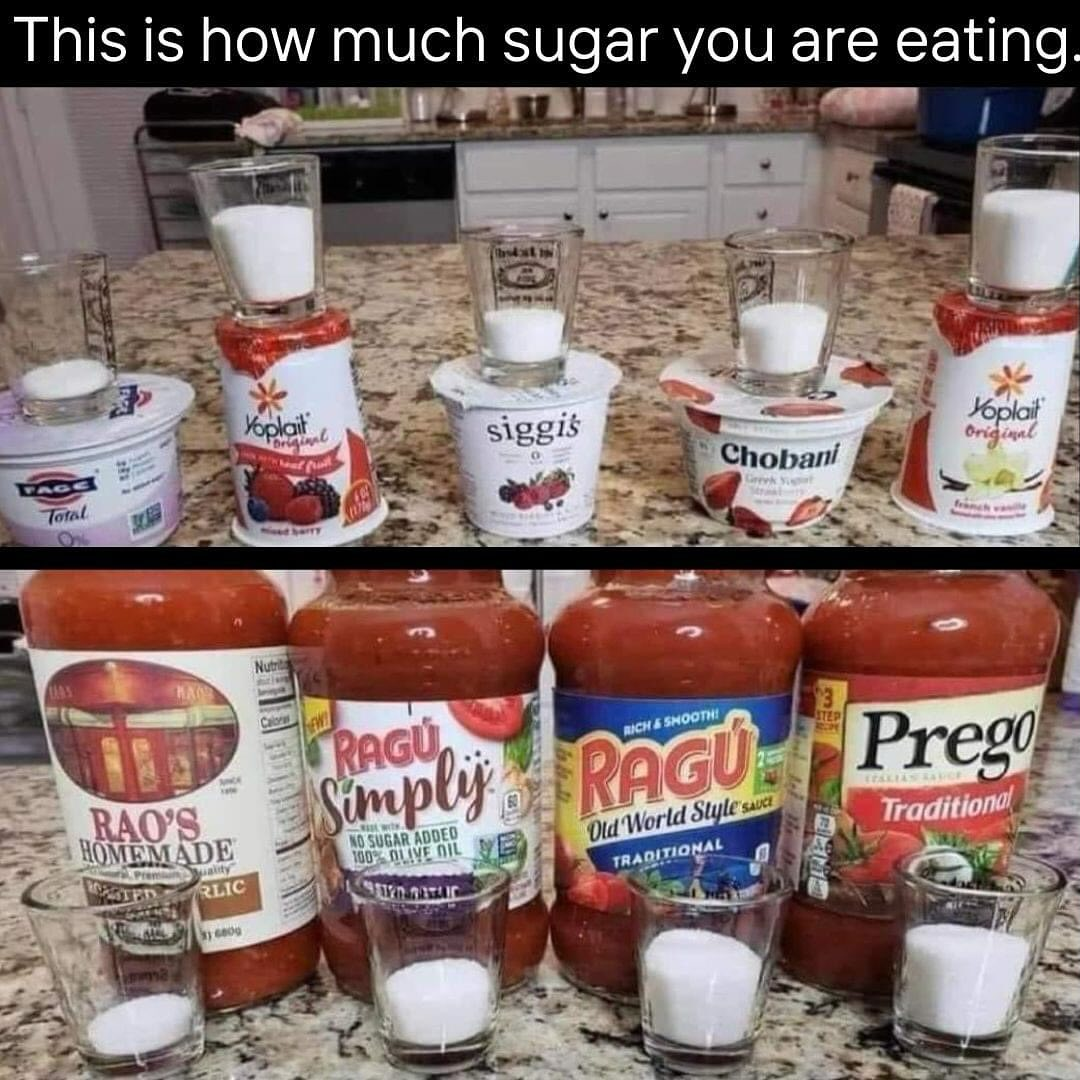this post was submitted on 05 Nov 2024
625 points (91.8% liked)
memes
10324 readers
1636 users here now
Community rules
1. Be civil
No trolling, bigotry or other insulting / annoying behaviour
2. No politics
This is non-politics community. For political memes please go to [email protected]
3. No recent reposts
Check for reposts when posting a meme, you can only repost after 1 month
4. No bots
No bots without the express approval of the mods or the admins
5. No Spam/Ads
No advertisements or spam. This is an instance rule and the only way to live.
Sister communities
- [email protected] : Star Trek memes, chat and shitposts
- [email protected] : Lemmy Shitposts, anything and everything goes.
- [email protected] : Linux themed memes
- [email protected] : for those who love comic stories.
founded 1 year ago
MODERATORS
you are viewing a single comment's thread
view the rest of the comments
view the rest of the comments

There is a bit of a grass roots one, but part of the problem is that it's entirely on the consumption side, as in people deciding to have less sugar. Even proposed legislation solutions involve controlling the consumption side, though at the final product production level.
Which means that sugar producers are still trying to produce the maximum amount of sugar to make the most profit and the lowered demand just ends up driving the price down and makes it more attractive to others to add more sugar. If that lower price is still profitable, then sugar producers can continue full steam ahead.
I've noticed something similar with plastics. Demand is lowered in some areas by legislation (like no plastic straws or single use bags), but plastic is still being produced at volume, so prices go down and other products switch from non-plastic packaging to plastic. I'll call out Betty Crocker homestyle instant mashed potatoes specifically here, that went from a cardboard box containing two paper/metal pouches to a single plastic pouch, which also means it's more of a pain to make only half the package and more likely to create more food waste in addition to plastic waste.